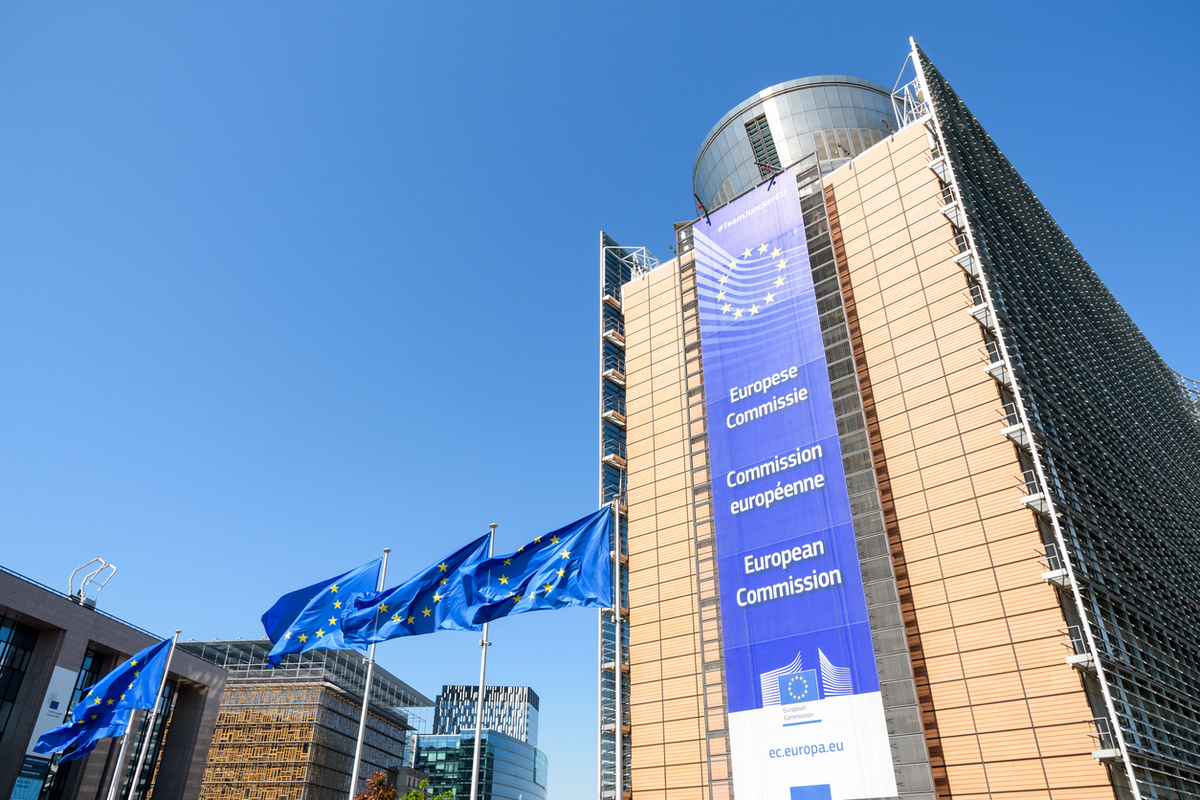EU may push ISCC to suspend certifications in high-risk supply chains
The European Union is expected to pressure the International Sustainability and Carbon Certification (ISCC) system to suspend certifications linked to high-risk biofuel supply chains, according to a source familiar with the certification system.
 PHOTO: The European Commission headquarters in Brussels. Getty Images
PHOTO: The European Commission headquarters in Brussels. Getty Images
The ISCC has grown rapidly in recent years to become the world’s most widely used certification system for sustainable biomass and biofuels. But the source said the organisation scaled too fast and leaned too heavily on subcontracted auditors to check in with companies in various supply chains - an approach now seen as a core weakness.
The EU has not made any formal move yet, but the regulator has been investigating allegations of widespread fraud involving waste-based biofuels, particularly used cooking oil (UCO) and palm oil mill effluent (POME) from China and Southeast Asia.
According to the source, the most likely outcome is that the European Commission will ask the ISCC to clean up select high-risk supply chains, rather than suspend the entire system.
This scenario would ironically require the ISCC to expand its operations even further, to regain oversight in problematic markets.
Accounting errors
The source also cautioned that some of the data fuelling the EU’s investigation may be flawed. For example, reported 2022 imports into Malta and Italy of ISCC-certified biofuel feedstocks appear to have been vastly overstated due to unit errors by auditors who misreported volumes in metric tonnes (mt) rather than litres.
But those were 2022 numbers. 2023 numbers were perhaps more concerning.
Almost all fake?
Recently released 2023 data on ISCC certification volumes paints a troubling picture, said James Cogan, regulatory and carbon markets lead at Clonbio and Danube CCS. This data was only released last month, 10 months after it was collected, and a formal Freedom of Information request was needed to get access to it.
It shows that the ISCC certified 2.3 million mt of POME from Indonesia and Malaysia, and some from Colombia and China. That was roughly four times the global theoretical production capacity. Indonesian officials have estimated that up to 94% of the POME trade may be fraudulent.
The EU and UK consumed 1.8 million mt of POME-based biofuel for transport in 2023 under the EU’s Renewable Energy Directive (RED II), according to data from Eurostat and the UK Department of Transport. Cogan said this suggests that the ISCC may be certifying the same fraudulent POME volumes multiple times between collection and market placement.
He also flagged implausible certification figures for UCO, with ISCC certifying around 16 litres per person in Malaysia - four times what is collected per capita in the UK. That adds up to around 2.5 million mt of suspect UCO, he said, potentially bringing the total volume of fraudulent feedstocks to a quarter of the RED II transport biofuels market.
“ISCC is checking up on ISCC. That is not satisfactory,” Cogan said, calling last month’s reported EU proposal for a 2.5-year suspension of ISCC approval “a good thing” that would give member states time to reassess and reform certification oversight.
Ditch double-counting
Fraud in the biofuels sector includes not only mislabelling of virgin oils as UCO to gain access to double-counting incentives under EU law, but also the manipulation of carbon intensity values to sell biofuels with a higher value toward emissions regulations. The source familiar with the ISCC system suggested that removing the double-counting rule could significantly reduce fraud.
Amid growing uncertainty, some biofuel buyers have been looking to pull out of contracts. The ISCC is reportedly considering legal options to contest any EU action, while auditors wait for further direction following last week’s developments.
By Erik Hoffmann
Please get in touch with comments or additional info to news@engine.online





